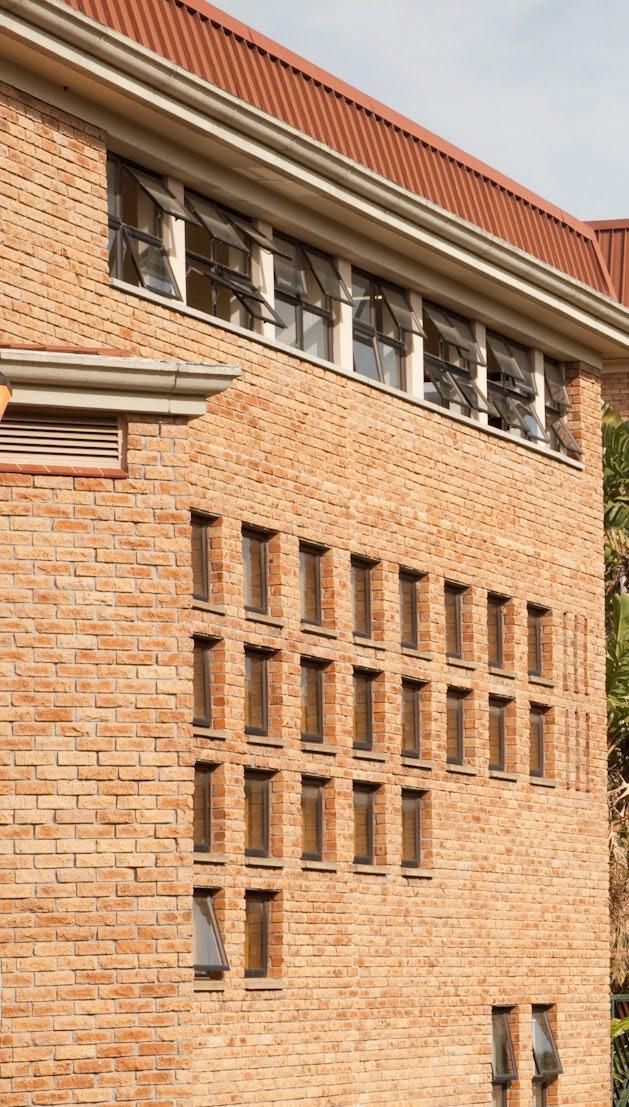
1 minute read
Prof. Veerasamy Yengopal

he scope of community engagement in the faculty has ensured that community-based projects in the BOH and BDS are embedded in the curriculum, appropriate to the academic year. Service learning has transpired in schools, institutions of special needs, in partnership with local and national universities. Oral Health promotion and education projects, as part of multidisciplinary teams, have emphasised the importance of healthy teeth and gums in the overall general health of an individual. The information gathering during the delivery of these programmes, has also created the opportunity for the development of databases, as sources of research projects. Additionally, research projects, such as HIV, TB, and COVID-19, has encouraged collaboration with other sectors. In addition, UWC dental and oral hygiene students rotate on the Phelophepa Health Care Train, supported by the Transnet Foundation. In this project, thousands of adults and children, who otherwise, would not have access to oral health care, are serviced. Teaching and learning has been enhanced with the adoption of the latest modes of learning, as well as the significant rise in the number of staff with Master’s and PhD qualifications in dental and medical education qualifications. An ambitious target of 25% is being set to ensure that a significant amount of learning occurs outside the training facility, in “realworld” communities, where the social determinants of health are present, and could be used in clinical decision-making.










